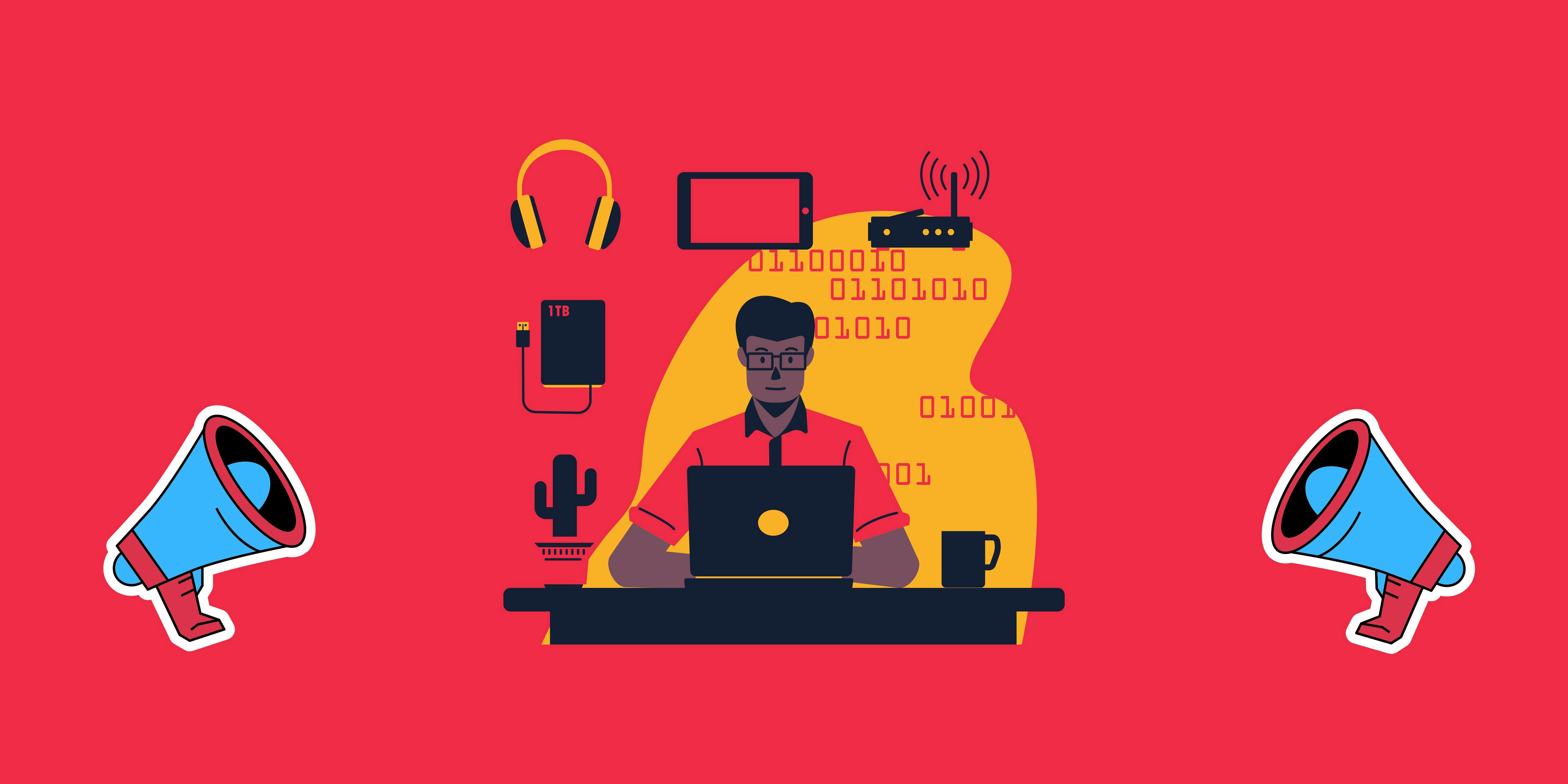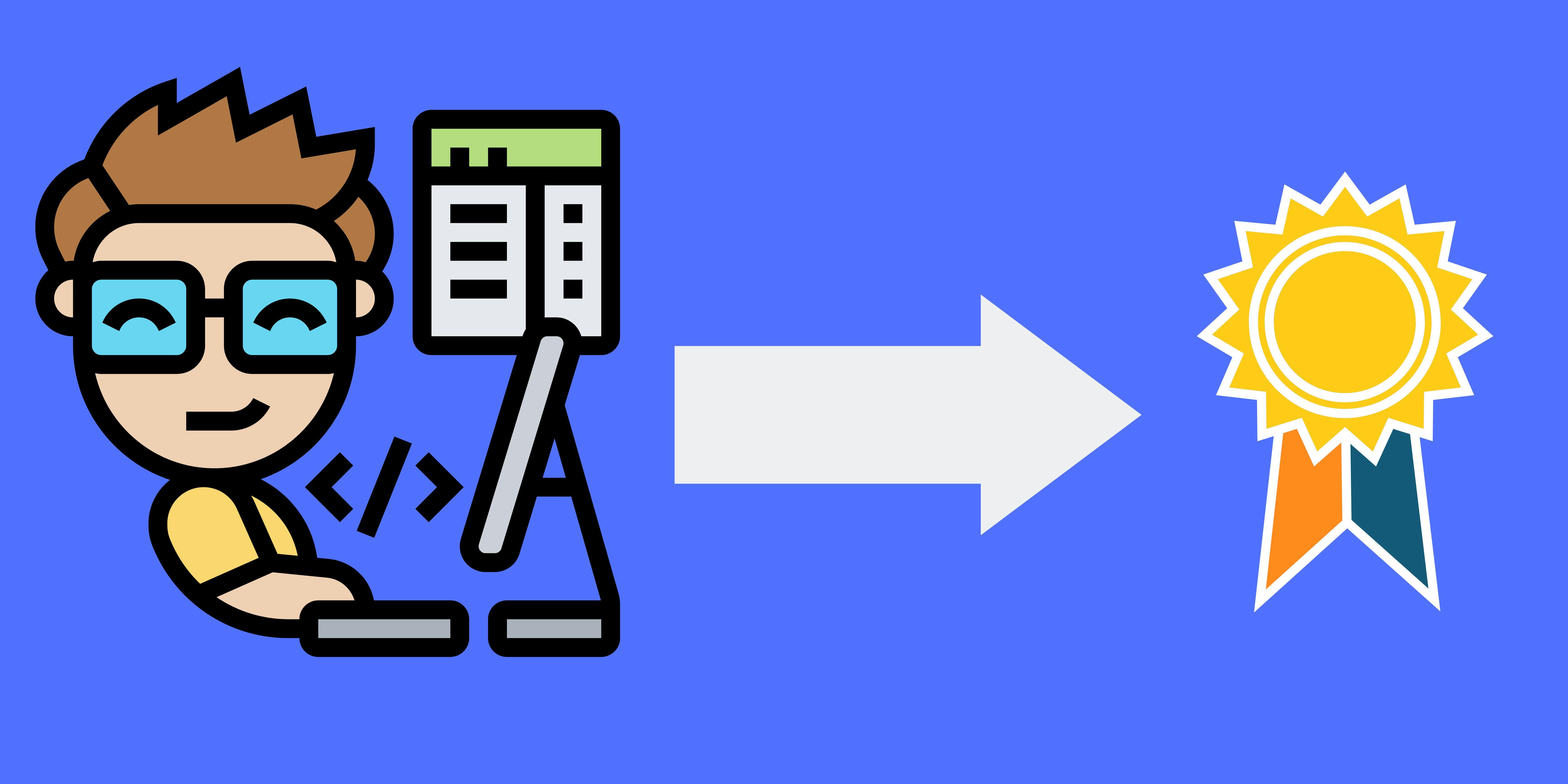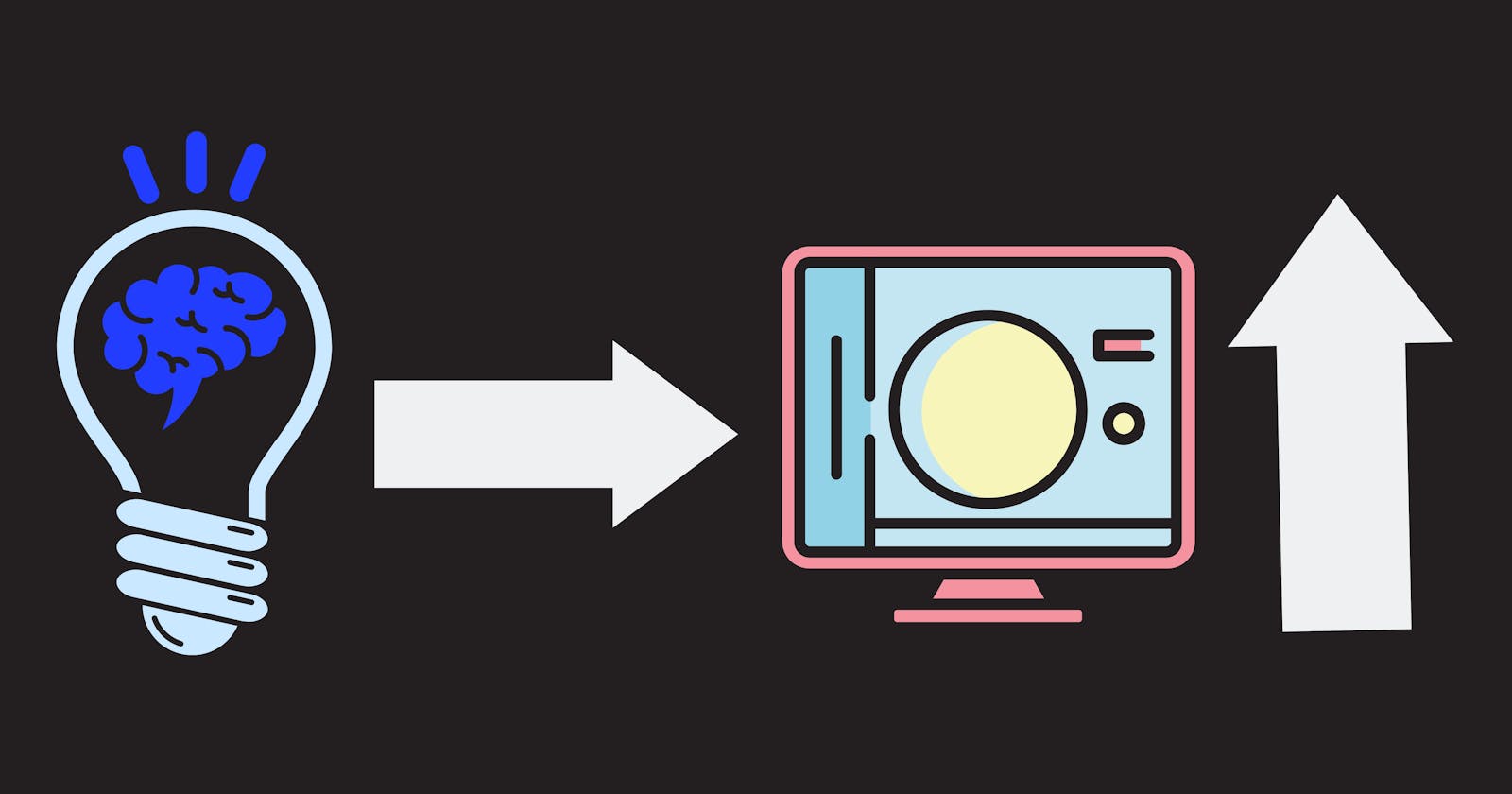Unlocking Your Coding Potential: The Surprising Role of Mindset in Productivity
Mastering the coding mindset
No, I will not ask you to adopt the "Pomodoro" technique, "time blocking", or "harder tasks first" to increase productivity while coding (as if you don't already know these concepts). Instead, we will focus on understanding the mindset you wish to adopt to increase productivity in coding and address the underlying reasons for unproductivity when learning to program.
The Foundation of a proper mindset
Your unproductivity is not caused by procrastination, it’s caused by symptoms. You’re using your phones, watching your TV, and consuming all these things because you’re trying to escape from reality. So, how do you stop procrastinating?
You focus on controlling your emotions. You focus on how you think and how you see your problem.
Most people don’t realize how hard it is to fully remove artificial stimulation from your life. We’re talking about years of conditioning your brain. It’s a very powerful thing, but it’s not taken seriously enough because it’s so widespread in society. Sometimes you consistently code, and sometimes you don’t.
When you try to stop procrastinating, i.e. your symptoms, once you hit a certain milestone, you lose momentum.
That’s the wrong mentality.
You should be putting all your energy into building the life that you want. Your symptoms will go away naturally.
In the later sections, we’ll talk about how we achieve that mindset.
1. Create urgency

If you're really desperate for money and have a year to find a job, would you just sit back and do nothing? Of course not! You need money and know you need to work really hard to get it. You need to give your goal some urgency. For example, you want to learn how to code, but since nothing bad is happening right now, you're just putting it off. Make a list of why you need to work on your life vision now. Stop living like this - it's not right. We need to convince ourselves that change is coming - a life vision is useless if you don't have any urgency. Post a big blog or journal about it and create some urgency.
2. Reward for hard work

If I ask you to solve a difficult coding problem while you're playing a video game, you'll probably be annoyed. That's because there's less dopamine involved in solving a coding problem than there is in playing a video game. But if you're in a neutral state, you can spend hours learning to code and then do whatever you want. All you have to do is trick your brain into thinking that the reward you're getting now isn't worth the hard work you'll have to do. The reward you get when you finish a difficult task will be even more satisfying and better! You need to learn how to manage your dopamine.
3. Immerse yourself in your work
If you wake up and watch a movie in the morning, your dopamine has already shifted to something non-productive. But if you listen to a programming podcast, you may not have spent the same amount of time learning in programming, but you’ve immersed yourself so deeply in the task that you don’t want to get away from it.
Read blogs, watch videos, and listen to programming podcasts. Don’t sit all day doing this. It’s counterproductive. The aim is to use your time in alignment to work on the intense coding sessions.
While immersing yourself in these things won’t help you complete the task you want, but it will align you to your goal and you will feel an obligation to code every day.
Conclusion
These practices can be incorporated into your daily routine right from the get-go. Once you start doing them, you’ll find that you’re more productive than you ever thought possible with just a few tips and tricks.

